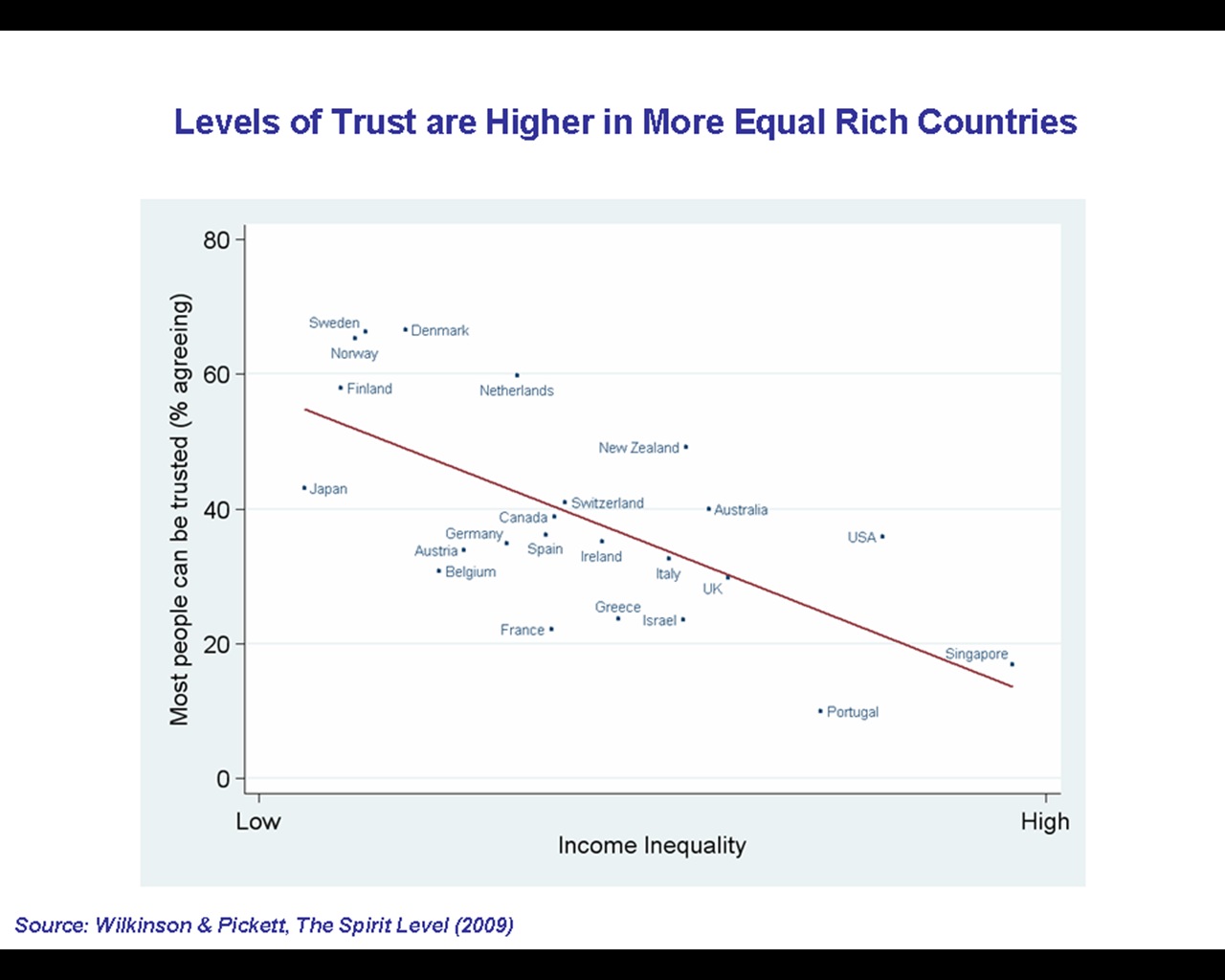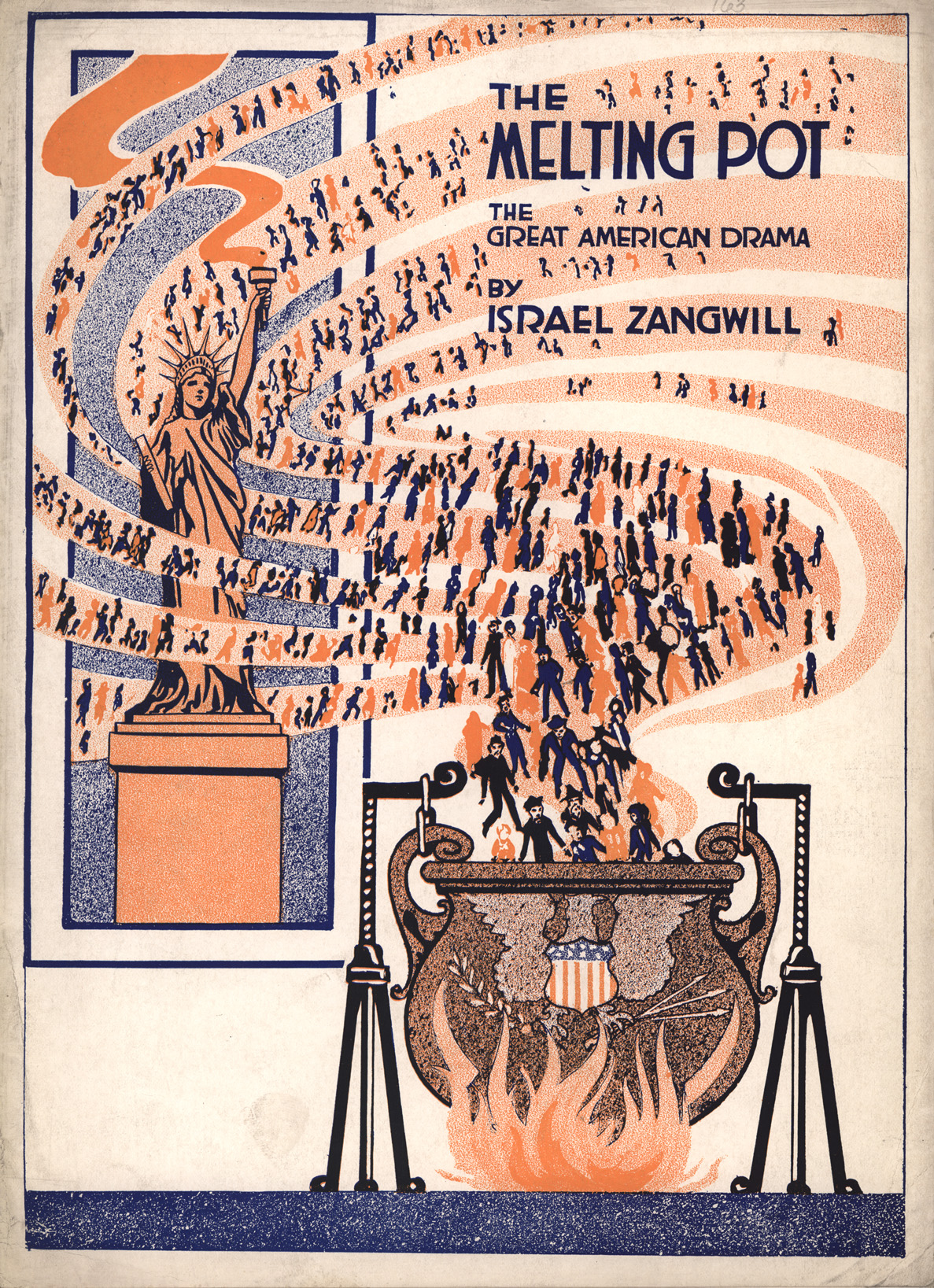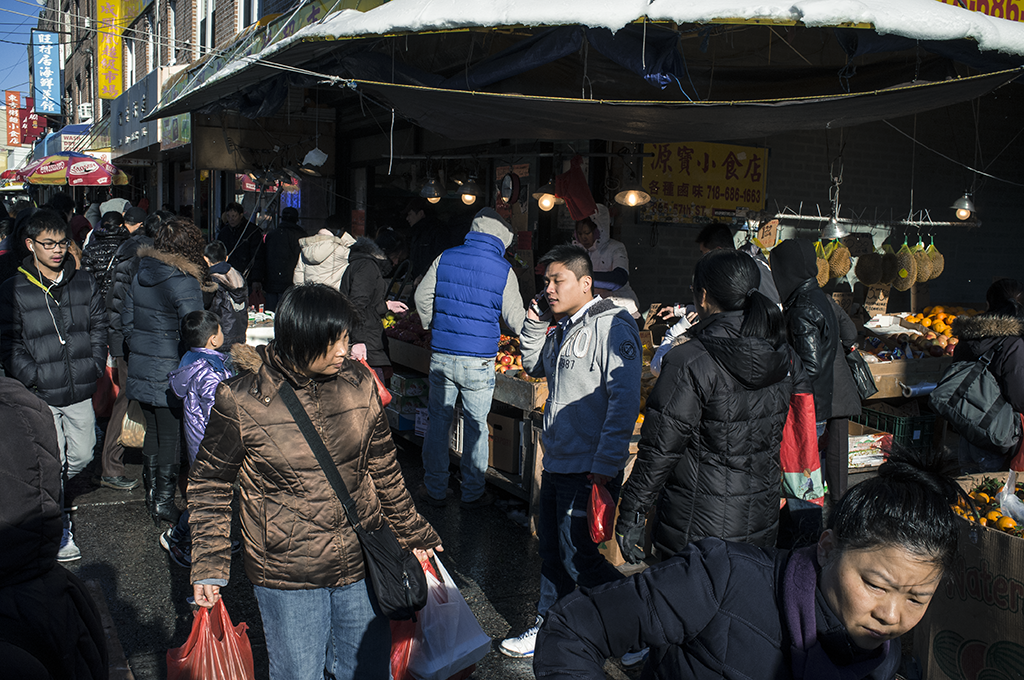|
Singdarin
Colloquial Singaporean Mandarin, commonly known as Singdarin or Singnese, is a Mandarin dialect native and unique to Singapore similar to its English-based counterpart Singlish. It is based on Mandarin but has a large amount of English and Malay in its vocabulary. There are also words from other Chinese languages such as Cantonese, Hokkien and Teochew as well as Tamil. While Singdarin grammar is largely identical to Standard Mandarin, there are significant divergences and differences especially in its pronunciation and vocabulary. The Singaporean government had previously discouraged the use of Singdarin in favour of Standard Singaporean Mandarin under the Speak Mandarin Campaign (SMC), as it believed in the need for Singaporeans to be able to communicate effectively with other Chinese speakers from mainland China, Taiwan or other Sinophone regions. However, such campaigns have been toned down in recent years in response to push-back by Singaporeans, expressing the uniqueness ... [...More Info...] [...Related Items...] OR: [Wikipedia] [Google] [Baidu] |
Singaporean Mandarin
Singaporean Mandarin () is a variety of Mandarin Chinese spoken natively in Singapore. It is one of the four official languages of Singapore along with English, Malay and Tamil. Singaporean Mandarin can be classified into two distinct Mandarin dialects: Standard Singaporean Mandarin and Colloquial Singaporean Mandarin (Singdarin). These two dialects are easily distinguishable to a person proficient in Mandarin. The standard is the register of Mandarin used in more formal occasions in Singapore and can be heard on television and radio. It is also the form taught in all Singapore government schools, while the colloquial is the form used by the general populace in informal situations. Singaporean Mandarin has many unique loanwords from other Chinese dialects (such as Hokkien) as well as Singapore's other official languages of English, Malay and Tamil. Singaporean Mandarin became widely spoken by the Chinese community in Singapore after the Speak Mandarin Campaign by the gov ... [...More Info...] [...Related Items...] OR: [Wikipedia] [Google] [Baidu] |
Standard Singaporean Mandarin
Standard Singaporean Mandarin () is the standard form of Singaporean Mandarin. It is used in all official Chinese media, including all television programs on Channel 8 and Channel U, various radio stations, as well as in Chinese lessons in all Singapore government schools. The written form of Chinese used in Singapore is also based on this standard. Standard Singaporean Mandarin is also the register of Mandarin used by the Chinese elites of Singapore and is easily distinguishable from the Colloquial Singaporean Mandarin spoken by the general populace. In terms of phonology, vocabulary and grammar, Standard Singaporean Mandarin is similar to Putonghua (Standard Chinese in the People's Republic of China). Minor discrepancies appear in different vocabulary usage. History Mandarin (the standard language of China based on northern dialects) has been used as a lingua franca in Singapore alongside Hokkien (a south-eastern Chinese topolect) since the end of the Second World War. Befor ... [...More Info...] [...Related Items...] OR: [Wikipedia] [Google] [Baidu] |
Mandarin Chinese
Mandarin (; ) is a group of Chinese (Sinitic) dialects that are natively spoken across most of northern and southwestern China. The group includes the Beijing dialect, the basis of the phonology of Standard Chinese, the official language of China. Because Mandarin originated in North China and most Mandarin dialects are found in the north, the group is sometimes referred to as Northern Chinese (). Many varieties of Mandarin, such as those of the Southwest (including Sichuanese) and the Lower Yangtze, are not mutually intelligible with the standard language (or are only partially intelligible). Nevertheless, Mandarin as a group is often placed first in lists of languages by number of native speakers (with nearly one billion). Mandarin is by far the largest of the seven or ten Chinese dialect groups; it is spoken by 70 percent of all Chinese speakers over a large geographical area that stretches from Yunnan in the southwest to Xinjiang in the northwest and Heilongjiang in ... [...More Info...] [...Related Items...] OR: [Wikipedia] [Google] [Baidu] |
Singlish Vocabulary
Singlish (a portmanteau of ''Singapore'' and ''English'') is an English-based creole language spoken in Singapore. Singlish arose out of a situation of prolonged language contact between speakers of many different languages in Singapore, including Hokkien, Malay, Teochew, Cantonese and Tamil. Singlish originated with the arrival of the British and the establishment of English-medium education in Singapore. Elements of English quickly filtered out of schools and onto the streets, resulting in the development of a pidgin language spoken by non-native speakers as a lingua franca used for communication between speakers of the many different languages used in Singapore. Singlish evolved mainly among the working classes who learned elements of English without formal schooling, mixing in elements of their native languages. After some time, this new pidgin language, now combined with substantial influences from Indian English, Peranakan, southern varieties of Chinese, Malay, and T ... [...More Info...] [...Related Items...] OR: [Wikipedia] [Google] [Baidu] |
Singlish
Singlish (a portmanteau of ''Singapore'' and ''English'') is an English-based creole language spoken in Singapore. Singlish arose out of a situation of prolonged language contact between speakers of many different languages in Singapore, including Hokkien, Malay, Teochew, Cantonese and Tamil. Singlish originated with the arrival of the British and the establishment of English-medium education in Singapore. Elements of English quickly filtered out of schools and onto the streets, resulting in the development of a pidgin language spoken by non-native speakers as a lingua franca used for communication between speakers of the many different languages used in Singapore. Singlish evolved mainly among the working classes who learned elements of English without formal schooling, mixing in elements of their native languages. After some time, this new pidgin language, now combined with substantial influences from Indian English, Peranakan, southern varieties of Chinese, Malay, and Tami ... [...More Info...] [...Related Items...] OR: [Wikipedia] [Google] [Baidu] |
Singapore
Singapore (), officially the Republic of Singapore, is a sovereign island country and city-state in maritime Southeast Asia. It lies about one degree of latitude () north of the equator, off the southern tip of the Malay Peninsula, bordering the Strait of Malacca to the west, the Singapore Strait to the south, the South China Sea to the east, and the Straits of Johor to the north. The country's territory is composed of one main island, 63 satellite islands and islets, and one outlying islet; the combined area of these has increased by 25% since the country's independence as a result of extensive land reclamation projects. It has the third highest population density in the world. With a multicultural population and recognising the need to respect cultural identities of the major ethnic groups within the nation, Singapore has four official languages: English, Malay, Mandarin, and Tamil. English is the lingua franca and numerous public services are available only in Eng ... [...More Info...] [...Related Items...] OR: [Wikipedia] [Google] [Baidu] |
Group Cohesiveness
Group cohesiveness (also called group cohesion and social cohesion) arises when bonds link members of a social group to one another and to the group as a whole. Although cohesion is a multi-faceted process, it can be broken down into four main components: social relations, task relations, perceived unity, and emotions. Members of strongly cohesive groups are more inclined to participate readily and to stay with the group. Definition From Neo-Latin and French , in physics, cohesion means "the force that unites the molecules of a liquid or of a solid". Thereby, there are different ways to define group cohesion, depending on how researchers conceptualize this concept. However, most researchers define cohesion to be task commitment and interpersonal attraction to the group. Cohesion can be more specifically defined as the tendency for a group to be in unity while working towards a goal or to satisfy the emotional needs of its members. This definition includes important aspects of c ... [...More Info...] [...Related Items...] OR: [Wikipedia] [Google] [Baidu] |
Singapore English
Singapore English (SgE, SE, en-SG) (similar and related to British English) is the set of varieties of the English language native to Singapore. In Singapore, English is spoken in two main forms: Singaporean Standard English (indistinguishable grammatically from Standard British English) and Singapore Colloquial English (better known as Singlish). Singapore is a cosmopolitan city, with 37% of its population born outside the country. Singaporeans, even those of the same ethnic group, have many different first languages and cultures. For example, in 2005, among Chinese Singaporeans, over a third spoke English as their main language at home while almost half spoke Mandarin, and the rest spoke various mutually unintelligible varieties of Chinese. In the Indian community, most Singaporeans of Indian descent speak either English or a South Asian language. The English language is now the most popular medium of communication among students from primary school to university. Many fam ... [...More Info...] [...Related Items...] OR: [Wikipedia] [Google] [Baidu] |
Woodlands Town Park East, Singapore, Looking North Towards Marsiling Rise
Woodlands may back refer to: * Woodland, a low-density forest Geography Australia * Woodlands, New South Wales * Woodlands, Ashgrove, Queensland, a heritage-listed house associated with John Henry Pepper * Woodlands, Marburg, Queensland, a heritage-listed house associated with Thomas Lorimer Smith * Woodlands, Western Australia * Woodlands, East Maitland, New South Wales, a heritage-listed residence * Woodlands, Newcastle, New South Wales, a heritage-listed house Canada * Woodlands, Calgary, a neighbourhood in Alberta, Canada * Woodlands County, a municipal district in Alberta, Canada * Woodlands, North Vancouver * Woodlands, Ontario * Woodlands, Manitoba * Woodlands (New Westminster), a former psychiatric hospital in British Columbia * Rural Municipality of Woodlands, a rural municipality in Manitoba Singapore * Woodlands, Singapore * Woodlands MRT station * Woodlands North MRT station * Woodlands South MRT station * Woodlands Bus Interchange * Woodlands Train Checkpoint * ... [...More Info...] [...Related Items...] OR: [Wikipedia] [Google] [Baidu] |
Melting Pot
The melting pot is a monocultural metaphor for a heterogeneous society becoming more homogeneous, the different elements "melting together" with a common culture; an alternative being a homogeneous society becoming more heterogeneous through the influx of foreign elements with different cultural backgrounds, possessing the potential to create disharmony within the previous culture. It can also create a harmonious hybridized society known as cultural amalgamation. Historically, it is often used to describe the cultural integration of immigrants to the United States. A related concept has been defined as "cultural additivity." The melting-together metaphor was in use by the 1780s.p. 50 See "..whether assimilation ought to be seen as an egalitarian or hegemonic process, ...two viewpoints are represented by the melting-pot and Anglo-conformity models, respectively" The exact term "melting pot" came into general usage in the United States after it was used as a metaphor describ ... [...More Info...] [...Related Items...] OR: [Wikipedia] [Google] [Baidu] |
Ethnic Enclaves
In sociology, an ethnic enclave is a geographic area with high ethnic concentration, characteristic cultural identity, and economic activity. The term is usually used to refer to either a residential area or a workspace with a high concentration of ethnic firms.Portes, Alejandro, and Leif Jensen. "Disproving the Enclave Hypothesis: Reply." ''American Sociological Review''. Vol. 57. no. 3 (1992): 418-420. Their success and growth depends on self-sufficiency, and is coupled with economic prosperity. The theory of social capital and the formation of migrant networks creates the social foundation for ethnic enclaves. Douglas Massey describes how migrant networks provide new immigrants with social capital that can be transferred to other tangible forms.Massey, Douglas S. "Annals of the American Academy of Political and Social Science." Annals of the American Academy of Political and Social Science. Vol. 510. World Population: Approaching the Year 2000 (Jul., 1990): pp. 60. As immigra ... [...More Info...] [...Related Items...] OR: [Wikipedia] [Google] [Baidu] |
Housing Development Board
The Housing & Development Board (HDB) (; ms, Lembaga Perumahan dan Pembangunan; ta, வீடமைப்பு வளர்ச்சிக் கழகம்) or often referred to as the Housing Board, is a statutory board under the Ministry of National Development responsible for Singapore's public housing. Founded in 1960 as a result of efforts in the late 1950s to set up an authority to take over the Singapore Improvement Trust's (SIT) public housing responsibilities, the HDB focused on the construction of emergency housing and the resettlement of kampong residents into public housing in the first few years of its existence. This focus shifted from the late 1960s, with the HDB building flats with improved fittings and offering them for sale. From the 1970s, it initiated efforts to improve community cohesion in its estates and solicit resident feedback. In the 1990s and 2000s, the HDB introduced upgrading and redevelopment schemes for mature estates, as well as new ... [...More Info...] [...Related Items...] OR: [Wikipedia] [Google] [Baidu] |



.jpg)


